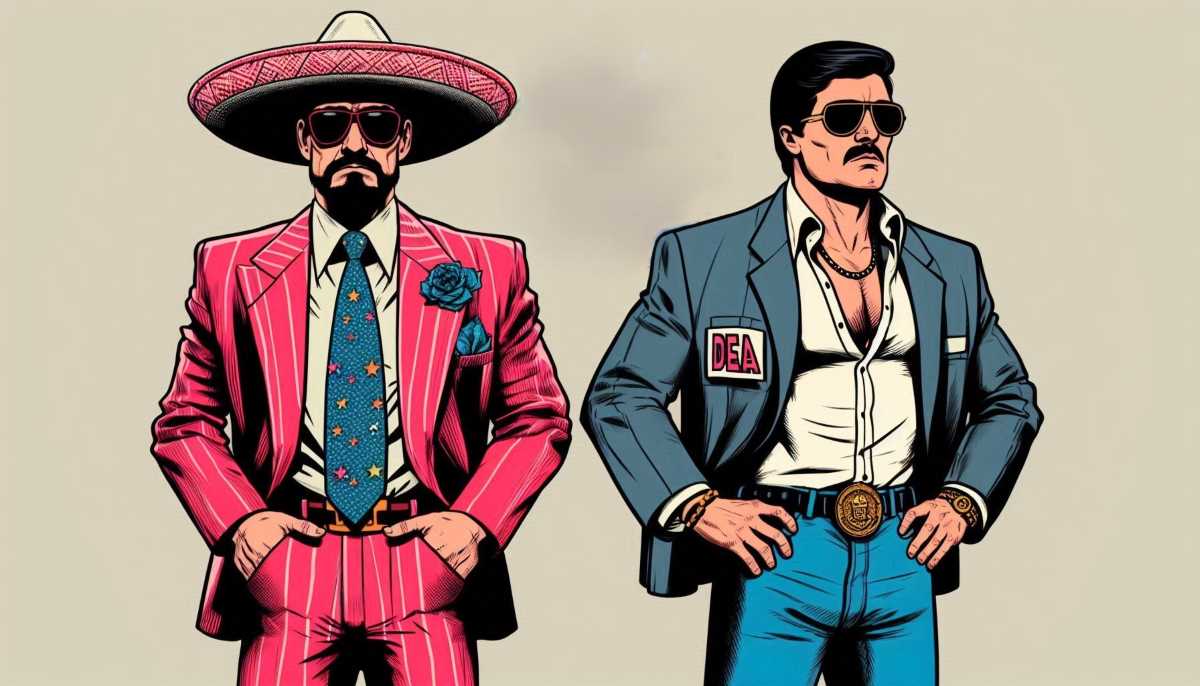How a Dead DEA Agent Haunts the Drug Trade
The murder of DEA agent Kiki Camarena in 1985 sparked a diplomatic crisis between Mexico and the US. The DEA's aggressive pursuit of justice, often involving illegal tactics, strained bilateral relations.

It all began with Enrique “Kiki” Camarena’s murder in 1985, a death that was as gruesome as it was consequential. I’m not here to dissect why he was killed. There are only so many ways you can argue over cartel feuds, bad choices, and botched undercover operations before your head spins. But what I will say is this: his death didn’t just spark outrage; it sparked one of the last great diplomatic crises between Mexico and the United States. It was like the Cold War, except instead of nuclear missiles, they had cocaine and corruption—and perhaps a dash of tequila for good measure.
The Americans were livid. Understandable, yes, but their response? Utterly ham-fisted. They decided to launch what’s grandly known as the Second Operation Interception, a name that makes it sound like Tom Cruise should’ve been flying F-14s along the Rio Grande. In reality, it was less “Top Gun” and more “Total Chaos.” The U.S. shut down the border tighter than the lid on a pickle jar, grinding northern Mexico’s economy to a screeching halt. Trade? Forget it. People trying to commute to work? Tough luck, amigo. The diplomatic fallout was immense, like two neighbors arguing over a fence but with entire countries dragged into the spat.




